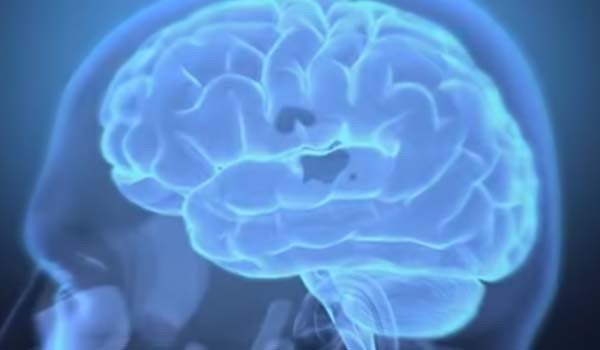A new research about brain atlas of words and their interaction has opened the doors to the age of mind reading when people will be able to tell things without saying them. The findings of new brain's semantic map will soon appear in a science journal.
Mind reading until now sounded like science fiction, but in the latest research the brain's internal code for interpreting language has been deciphered, i4u reported. By virtue of brain semantic atlas that can precisely map out areas of cerebral cortex, part of the brain responsible for language, for various words, scientists can accurately predict what those words are and possibly figure out the sentence.
When people utter words, specific areas in the brain show increase neurological activities. The location of the group of neurons firing in response to words is very specific, furthermore, a combination of words also depict a particular pattern. For example thinking or uttering the words "mind reading" would always charge the same set of neurons.
Semantic brain atlas could in this way be used to form a map of the brain areas, in which different words would directly correspond to particular areas of the brain. Consequently, words thought by a person in consecutive order could be traced on the atlas and transcribed into a sentence.
The implication of this mind reading technology is tremendous. For instance, patients who cannot speak due to paralysis or cannot speak at all due to an accident or birth disorder will be able to communicate with others simply by thinking the words.
A working wearable device would then read the brain atlas data of those thoughts and refer to the digital chart containing the dictionary of a particular language and then translate them to the speakers. However, this is a far-fetched realization and would need an equivalent time and investment exerted to the Human Genome Project.
Brain atlas research also showed that the language map remains unchanged among different people. So people may speak a different language and sound differently, their brains use the same medium for communications. The neurological centers inside the cerebral cortex of humans show a universal communication schema.
In another study by UC Berkeley neuroscientists, findings of brain's response to language were published in Nature. Senior author of the research Jack Gallant pointed out in the paper that brain maps have high consistency among different people but significant individual deviations exist.
"Although the maps are broadly consistent across individuals, there are also substantial individual differences," said study senior author Jack Gallant, a UC Berkeley neuroscientist. "We will need to conduct further studies across a larger, more diverse sample of people before we will be able to map these individual differences in detail."
Mind reading technology truly blurs the lines between science and fiction. But the new research now a scientific basis for this mind-bending concept which could someday manifest itself in the far future.
The following video sheds more light on semantic brain maps.



























